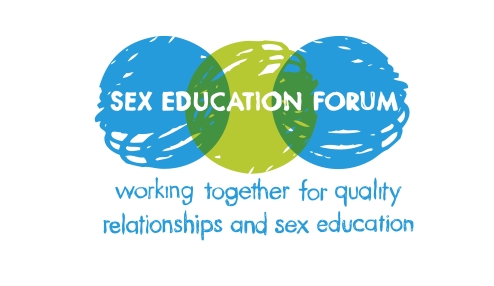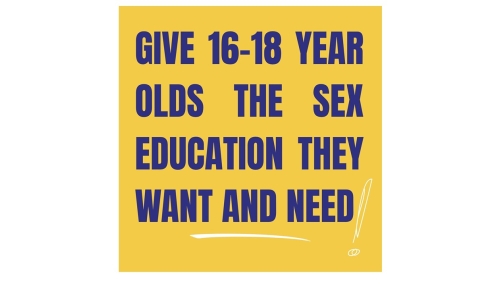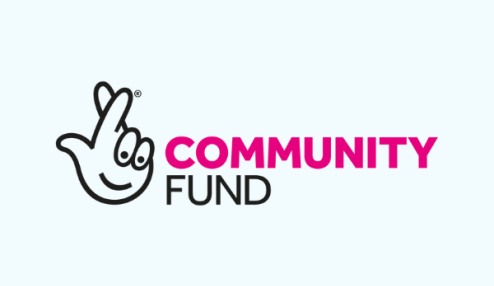The requirement for assessment is for me, one of the greatest positives in the Government RSE guidance. I often think back to the dusty folder that I was presented with as a newly qualified teacher and year 7 form teacher. A whole year’s worth of pre-planned lessons, to be photocopied and handed out week after week, with no differentiation, no adaptation to our learners’ needs or abilities, and whilst completed worksheets would be given a cursory flick with a green pen, that assessment had no bearing on the next lesson, which was already planned and ready to go.
The Government RSHE guidance (2019) sets high expectations, with challenging lessons which build up on previous learning, and targeted intervention informed by assessment. But without a requirement for formal assessment, how should we be assessing in RSE?
The guidance is peppered with the phrase ‘pupils will know…’ which unfortunately suggests that factual recall is the way to ascertain success in the subject. But RSE is skills for life. It is practical, emotive, and personal. Success in RSE, far from being able to list some facts, is going to lie in practical ability. The learning that will see our young people through to healthy happy adulthood will be what to do in a tricky situation, how to negotiate, and where to go to access support. Our learning objectives need to be framed as skills too. Pupils will know how to… Pupils will know why… Pupils will be able to…
“They’ve learned this. I’ve already taught them this.” The fact that we may have taught a lesson on a topic doesn’t necessarily follow that our learners feel confident on it. But assessment isn’t just something to do on the way out of the door to check that the learners remember what we have said. Assessment should be the driving force underpinning our curriculum, informing us of our learners’ needs and interests, guiding our next steps and identifying those learners who need extra support or who are hungry for extra challenge.
The guidance suggests tests and written assignments as ways to assess, but these methods do not lend themselves to measuring skills. Certainly, it won’t be the ability to rattle off five fascinating facts about condoms that will support condom use in adult life. It will be practice, troubleshooting, and negotiation skills that ensure that condoms are used, and used effectively. Being able to write down the definition of consent won’t guarantee that a young person is able to communicate and recognise consent, or the absence of consent, when that moment arises. Regular opportunities to practise negotiation in and out of the RSE classroom will.
So how do we assess RSE in such a way that we can ascertain our learners’ skills and not rely on token written tasks and recall of facts? We need to be creative, we need to plan for assessment opportunities, and respond to our findings with dynamic learner led planning. We need to start where they are, and build up from there.
Join me, Rachael Baker, on Thursday 14th October for our popular 75 minute webinar, Creative Assessment in RSHE. We will examine the requirements for assessment, identify appropriate assessment models for different circumstances, and explore how assessment can be used in the RSE classroom to inform differentiation and personalisation in the subject.
Rachael Baker
Senior RSE Specialist
Sex Education Forum
Tickets are available through Eventbrite




Share